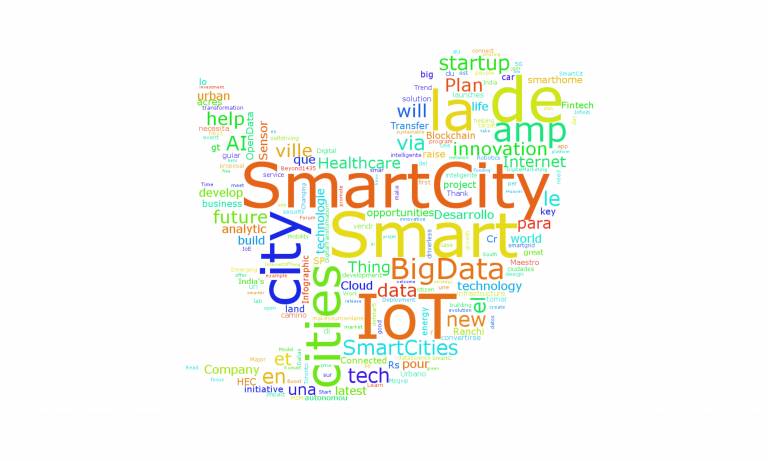Spotlight On: Paul Mullins
10 April 2017
Paul worked as a Research Assistant at CASA on 'Applicable Urban Informatics', examining the translation of new digital tools and technologies for practical applications in cities.

How would you summarise your personal research?
Prior to joining CASA, I completed an MSc in Architecture and Engineering at Seoul National University, South Korea. During this course, I became fascinated by smart cities – initially within the Korean context. I researched and published an article, using the case study of Songdo -- a city built from scratch, to unpack who and what was driving the Korean vision of ‘smart’. After returning to the UK to undertake the MSc in Smart Cites and Urban Analytics at CASA, I started to broaden my research to examine a range of UK and European case studies. My research has become focused on how new technologies commonly associated with smart cities can used to make cities more equitable and inclusive; for instance, to reveal new insights about aspects of urban society that have otherwise been rendered invisible through traditional data collection and processing methods. More recently, I have been examining the lack of agency among marginalized and vulnerable social groups -- such as youths -- that are often left out of smart city narratives. The necessity of including such missing perspectives has started to become apparent owing to the New Urban Agenda, which recognises the adoption of a smart city approach (ICT) as a means of implementing the UN’s sustainable development goals for 2030. By focusing on this area, I have been able to bring together and utilize my creative background of architecture and urban data science to the interdisciplinary topic of smart cities.
Tell us a little about the research you’re doing at the moment:
‘Applicable Urban Informatics’ (funded by the MacArthur Foundation) aims to examine the translation of new digital tools and technologies for practical applications in cities. The research is intentionally focused on cultivating both academic and practitioner (private and public sector) perspectives to reveal the extent to which these new tools are being used; how they are being used to address key issues facing cities today; the challenges that such technologies pose; and the wider impact of smart city technologies on policy and planning. For the project, I am currently investigating South Korea and India as part of a set of country-specific working papers evaluating the impact of new technologies on cities and related agencies pursuing a smart city agenda. I am also in the process of co-planning a workshop -- ‘Using Smart Cities to Deliver the New Urban Agenda: Issues and Challenges’ -- that is intended to open the debate from UK-based stakeholders’ perspectives, but within the wider global context of smart city development. This first launch event is intended to inform a larger international conference that will take place later in the year, as well as shape the framework for future publishable outputs.
What is your favourite thing about CASA?
The mix of architects, planners, geographers, mathematicians, physicists, and computer scientists makes CASA an exciting place to work. When I first joined the department, I was also struck by how warm and welcoming it is - a testament to those who work here.
Where can people find out more about your work?
Twitter: @urbaninformatix
 Close
Close

